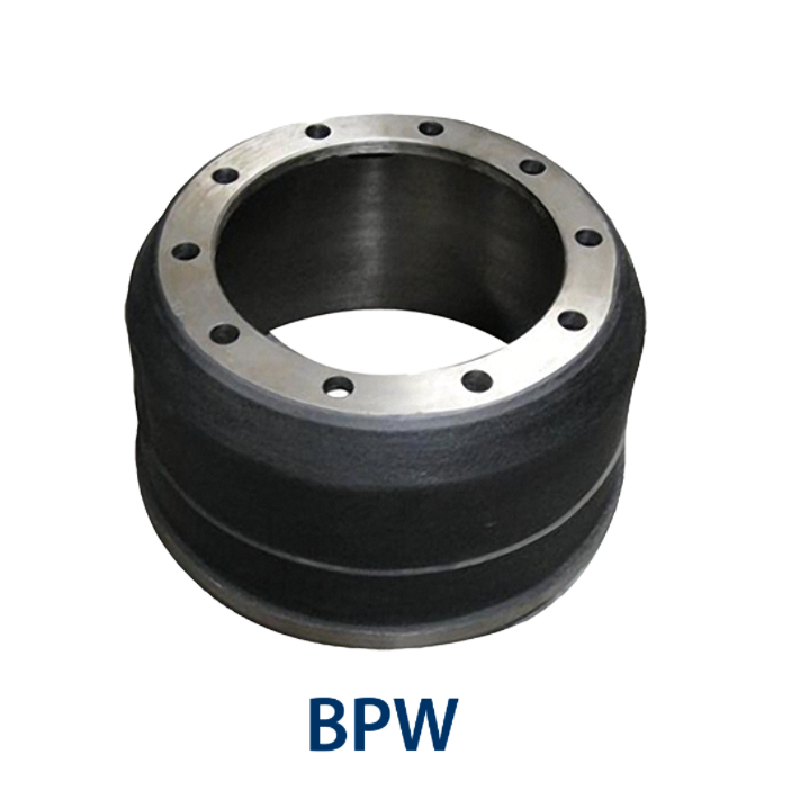Dec . 04, 2024 16:07 Back to list
car brake drum problems
Understanding Car Brake Drum Problems
Brake drums are a critical component of many vehicle braking systems, especially in older cars and some light trucks. They play a crucial role in ensuring that your vehicle stops safely and effectively. However, like any other mechanical part, brake drums are subject to wear and tear and can develop various problems over time. Understanding these issues is essential for maintaining the safety and performance of your vehicle.
What is a Brake Drum?
A brake drum is a cylindrical component that houses the brake shoes in drum brake systems. When the brake pedal is pressed, hydraulic pressure forces the brake shoes against the inside surface of the drum, creating friction that slows down or stops the vehicle. Brake drums are preferred for their effective stopping power, especially under heavy loads or in vehicles where a strong, consistent braking force is necessary.
Common Brake Drum Problems
1. Warping
One of the most common problems with brake drums is warping. This can occur due to excessive heat generated during braking, often caused by prolonged or heavy braking. When a brake drum warps, it can lead to uneven brake wear, vibrations, and decreased stopping power. A warped drum may need to be resurfaced or replaced to restore optimal braking performance.
2. Cracking
Brake drums are usually made from cast iron or aluminum, which can be susceptible to cracking under extreme stress or temperature fluctuations. Cracked drums can lead to catastrophic brake failure if not addressed promptly. Regular inspections can help identify any cracks before they become severe, allowing for timely replacement.
3. Scoring
Scoring occurs when the brake shoes wear down and create grooves or scratches on the surface of the brake drum. This can happen due to insufficient brake shoe material, contamination from oil or grease, or poor installation. Scoring can reduce braking efficiency and may require resurfacing or replacement of the drum to ensure smooth operation.
car brake drum problems

4. Noise
If you hear a grinding or squealing noise when applying the brakes, it may indicate worn brake shoes or a problem with the brake drum. Worn brake shoes can cause metal components to come into contact with the brake drum, resulting in noise and potential damage. Addressing this issue promptly can prevent further damage and maintain safe braking performance.
5. Contamination
Brake drums can become contaminated with grease, oil, or brake fluid, which can significantly reduce braking efficiency. Contamination often occurs due to leaks or improper maintenance. When the brake drum is contaminated, the brake shoes may not make proper contact, resulting in reduced braking power. Cleaning or replacing the affected components will typically resolve this issue.
Preventative Maintenance
Regular maintenance is essential to prevent brake drum problems and ensure your car's braking system remains in good working order. Here are some tips
- Regular Inspections Have your brakes inspected regularly, especially if you notice any changes in braking performance. Early detection of wear or damage can prevent more costly repairs later on. - Monitor Brake Performance Pay attention to any unusual noises or changes in the way your vehicle stops. Addressing issues early can help prevent more severe damage.
- Brake Component Replacement Ensure that all brake components, including shoes, drums, and hardware, are replaced as needed. Using high-quality replacement parts can improve the longevity and performance of your braking system.
- Proper Driving Habits Practice smooth and gradual braking whenever possible. Avoiding sudden stops can reduce stress on your braking components, including the brake drum.
Conclusion
Brake drums are vital for safe vehicle operation, and understanding potential problems can help you maintain your vehicle effectively. By recognizing signs of wear and implementing regular maintenance, you can ensure that your car's braking system remains reliable. Always consult with a professional mechanic if you suspect any issues with your brakes, as they are essential for your safety on the road.
-
IVEKO High-Performance Brake Drums Durable & Precision-Engineered
NewsMay.17,2025
-
Brake Drum Man High-Quality Drum Brake & Shoe Solutions
NewsMay.17,2025
-
Brake Drum Man Premium Drum Brake & Shoe Solutions OEM-Compliant
NewsMay.16,2025
-
Brake Drum Man High-Quality Drum Brake & Shoe Kits for Vehicles
NewsMay.16,2025
-
Brake Drum Man High-Quality Drum Brake Parts & Expert Solutions
NewsMay.16,2025
-
Brake Drum Man High-Quality Drum Brake & Shoe Solutions
NewsMay.15,2025
